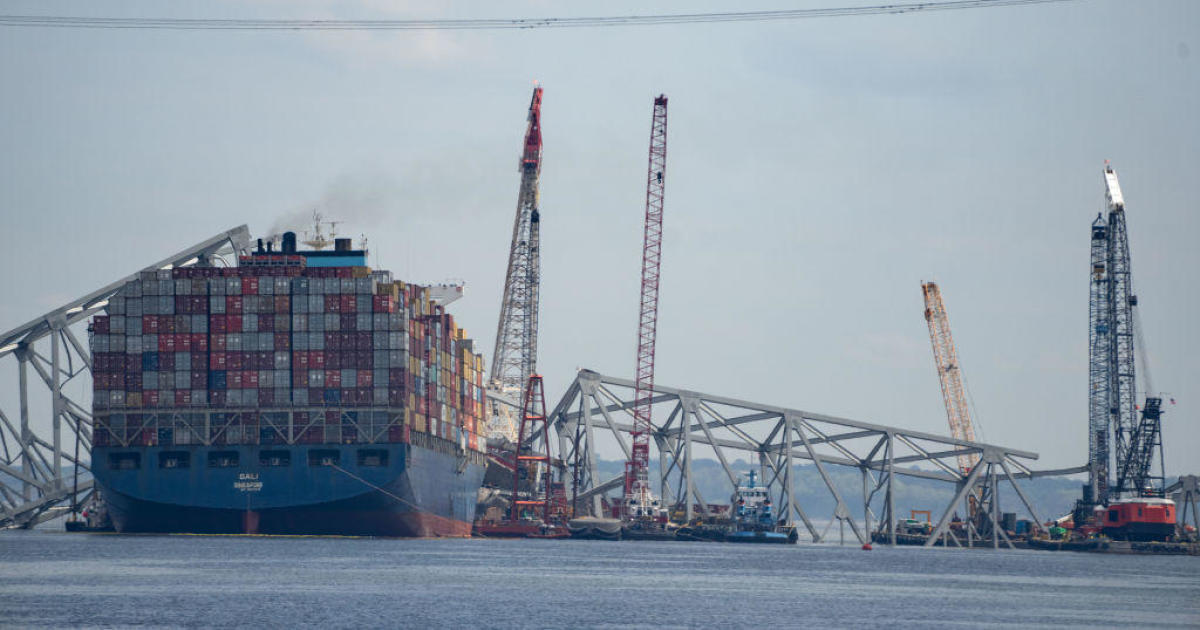Report: Universities Drive D.C. Region's Growth
WASHINGTON (AP) -- The Washington region's colleges and universities will be a catalyst for the District of Columbia's economic growth over the next decade as the federal government downsizes, a change that should give the institutions more lobbying power, a new report says.
The region's 14 major colleges and universities spend a combined $5.6 billion annually, with $1.4 billion of that spent in the district, according to a report commissioned by the Consortium of Universities of the Washington Metropolitan Area. Including impact last year from university visitors, students and retirees, more than $7 billion was spent in the region, with roughly $2 billion in the district.
"We benefited for 10 years in economic run-up in federal spending," said George Mason University economist Steven Fuller, who authored the report. "Meanwhile health and education was the only sector that grew every month during the recession — and that's nationwide. D.C. can take advantage of that."
But it's the hospitality industry — not educational institutions — that are commonly thought of as Washington's biggest economic driver after the federal government. That perception needs to change, Fuller said.
Nearly 70,000 jobs at the schools combined for a $3 billion payroll in 2010 — about $200 million more than the city's travel and tourism industry, according to the report released Thursday. Indirectly, the schools support nearly 125,000 jobs, with nearly two-thirds of those held by D.C. residents.
Georgetown University is the city's largest private employer.
Fuller said he didn't think D.C. residents always recognize the effect universities have on their communities, citing neighborhood associations' knee-jerk opposition to many a campus plan or development proposal.
That's partly because economic effect hasn't been studied and also because some of the region's universities have an image of being walled off, which some of them are trying to change.
"Universities are introverted by nature," Fuller said. "They need to become better business partners with their communities."
The universities attract students from all 50 states and more than 130 countries, many of whom stay in the region. George Washington University alone counts more than 70,000 alumni living locally, according to its president, Steven Knapp. That has contributed to the district becoming more educated as 48.5 percent of residents now have a bachelor's degree or higher, compared with 27.5 percent in 1980.
"This city is a magnet for talent — they come here and they don't leave," said American University President Neil Kerwin.
Information from: The Washington Examiner, http://www.washingtonexaminer.com
(Copyright 2011 by The Associated Press. All Rights Reserved.)



